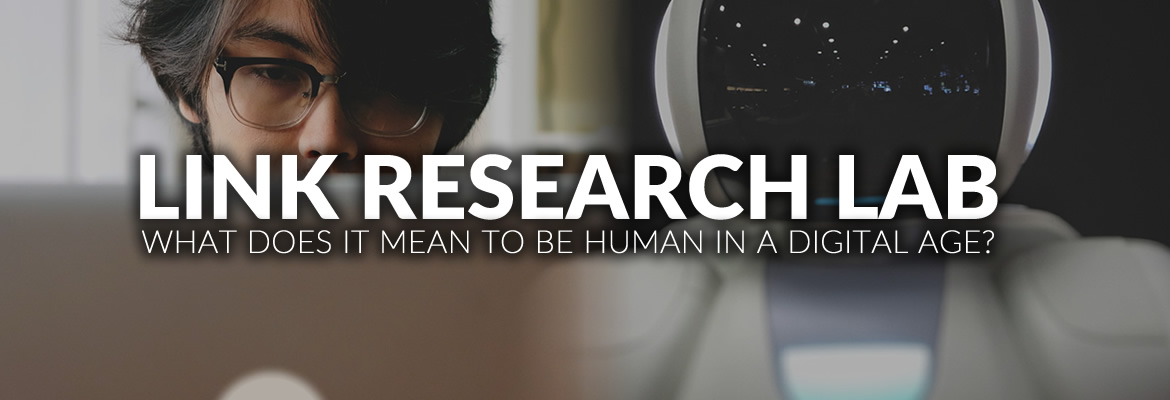The LINK Research Lab formerly focused on four research domains that guided our projects:
New Knowledge Process
Knowledge is being created, shared, and validated through emerging technologies and social network configurations. Our core interest was in tracing how the digital knowledge process challenges and changes existing practices in higher education and society.
The Future of Work
The economy in the U.S. has largely transitioned to creative and innovative work and away from routine labor. This has significant implications to the employment opportunities that exist now and what will exist in the future. The new economy, one that requires advanced education and continual lifelong learning, is also influenced by the increased automation of work. Our interest was in understanding the nature of work and labor in an era of computerized technologies and what this means to individuals, corporations, universities, and society.
Success for all Learners
Today’s student population is diverse. Underrepresented learners face a difficult challenge in moving to digital learning; research indicates digital environments can increase existing barriers. LINK was focused on identifying and addressing the challenges to digital learning success for all learners, particularly those who are currently underrepresented in higher education and experience difficulty due to systemic inequity.
The Future of Universities
Higher Education faces numerous and growing challenges. Universities must embrace structural reorientation in order to build the capacity to adapt. Adaptivity and innovation are required in order to meet challenges such as the university’s broadening scope and role in economic impact, increased competition, diverse student population, social networked teaching and learning, and new assessment and accreditation practices.

